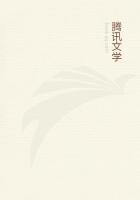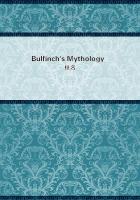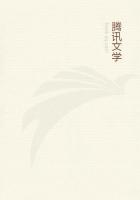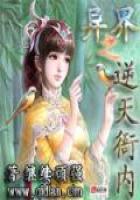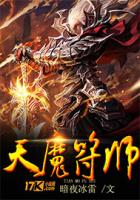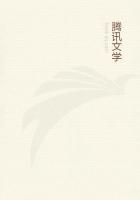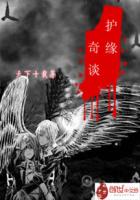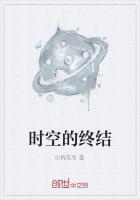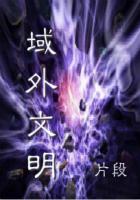So he convened a congregation of cardinals, and submitted to them the examination of the detested book. The author was summoned to Rome to appear before the Inquisition, and answer at its judgment-seat the charges against him as a heretic. The Tuscan ambassador expostulated with his Holiness against such a cruel thing, considering Galileo's age, infirmities, and fame,--all to no avail, he was obliged to obey the summons. At the age of seventy this venerated philosopher, infirm, in precarious health, appeared before the Inquisition of cardinals, not one of whom had any familiarity with abstruse speculations, or even with mathematics.
Whether out of regard to his age and infirmities, or to his great fame and illustrious position as the greatest philosopher of his day, the cardinals treat Galileo with unusual indulgence. Though a prisoner of the Inquisition, and completely in its hands, with power of life and death, it would seem that he is allowed every personal comfort. His table is provided by the Tuscan ambassador;a servant obeys his slightest nod; he sleeps in the luxurious apartment of the fiscal of that dreaded body; he is even liberated on the responsibility of a cardinal; he is permitted to lodge in the palace of the ambassador; he is allowed time to make his defence: those holy Inquisitors would not unnecessarily harm a hair of his head. Nor was it probably their object to inflict bodily torments: these would call out sympathy and degrade the tribunal.
It was enough to threaten these torments, to which they did not wish to resort except in case of necessity. There is no evidence that Galileo was personally tortured. He was indeed a martyr, but not a sufferer except in humiliated pride. Probably the object of his enemies was to silence him, to degrade him, to expose his name to infamy, to arrest the spread of his doctrines, to bow his old head in shame, to murder his soul, to make him stab himself, and be his own executioner, by an act which all posterity should regard as unworthy of his name and cause.
After a fitting time has elapsed,--four months of dignified session,--the mind of the Holy Tribunal is made up. Its judgment is ready. On the 22d of June, 1633, the prisoner appears in penitential dress at the convent of Minerva, and the presiding cardinal, in his scarlet robes, delivers the sentence of the Court,--that Galileo, as a warning to others, and by way of salutary penance, be condemned to the formal prison of the Holy Office, and be ordered to recite once a week the seven Penitential Psalms for the benefit of his soul,--apparently a light sentence, only to be nominally imprisoned a few days, and to repeat those Psalms which were the life of blessed saints in mediaeval times.
But this was nothing. He was required to recant, to abjure the doctrines he had taught; not in private, but publicly before the world. Will he recant? Will he subscribe himself an imposter?
Will he abjure the doctrines on which his fame rests? Oh, tell it not in Gath! The timid, infirm, life-loving old patriarch of science falls. He is not great enough for martyrdom. He chooses shame. In an evil hour this venerable sage falls down upon his knees before the assembled cardinals, and reads aloud this recantation: "I, Galileo Galilei, aged seventy, on my knees before you most reverend lords, and having my eye on the Holy gospel, which I do touch with my lips, thus publish and declare, that Ibelieve, and always have believed, and always will believe every article which the Holy Catholic Roman Church holds and teaches.
And as I have written a book in which I have maintained that the sun is the centre, which doctrine is repugnant to the Holy Scriptures, I, with sincere heart and unfeigned faith, do abjure and detest, and curse the said error and heresy, and all other errors contrary to said Holy Church, whose penance I solemnly swear to observe faithfully, and all other penances which have been or shall be laid upon me."It would appear from this confession that he did not declare his doctrines false, only that they were in opposition to the Scriptures; and it is also said that as he arose from his knees he whispered to a friend, "It does move, nevertheless." As some excuse for him, he acted with the certainty that he would be tortured if he did not recant; and at the worst he had only affirmed that his scientific theory was in opposition to the Scriptures. He had not denied his master, like Peter; he had not recanted the faith like Cranmer; he had simply yielded for fear of bodily torments, and therefore was not sincere in the abjuration which he made to save his life. Nevertheless, his recantation was a fall, and in the eyes of the scientific world perhaps greater than that of Bacon. Galileo was false to philosophy and himself.
Why did he suffer himself to be conquered by priests he despised?
Why did so bold and witty and proud a man betray his cause? Why did he not accept the penalty of intellectual freedom, and die, if die he must? What was life to him, diseased, infirm, and old?
What had he more to gain? Was it not a good time to die and consummate his protests? Only one hundred and fifty years before, one of his countrymen had accepted torture and death rather than recant his religions opinions. Why could not Galileo have been as great in martyrdom as Savonarola? He was a renowned philosopher and brilliant as a man of genius,--but he was a man of the world;he loved ease and length of days. He could ridicule and deride opponents, he could not suffer pain. He had a great intellect, but not a great soul. There were flaws in his morality; he was anything but a saint or hero. He was great in mind, and yet he was far from being great in character. We pity him, while we exalt him. Nor is the world harsh to him; it forgives him for his services. The worst that can be said, is that he was not willing to suffer and die for his opinions: and how many philosophers are there who are willing to be martyrs?
Nevertheless, in the eyes of philosophers he has disgraced himself.

